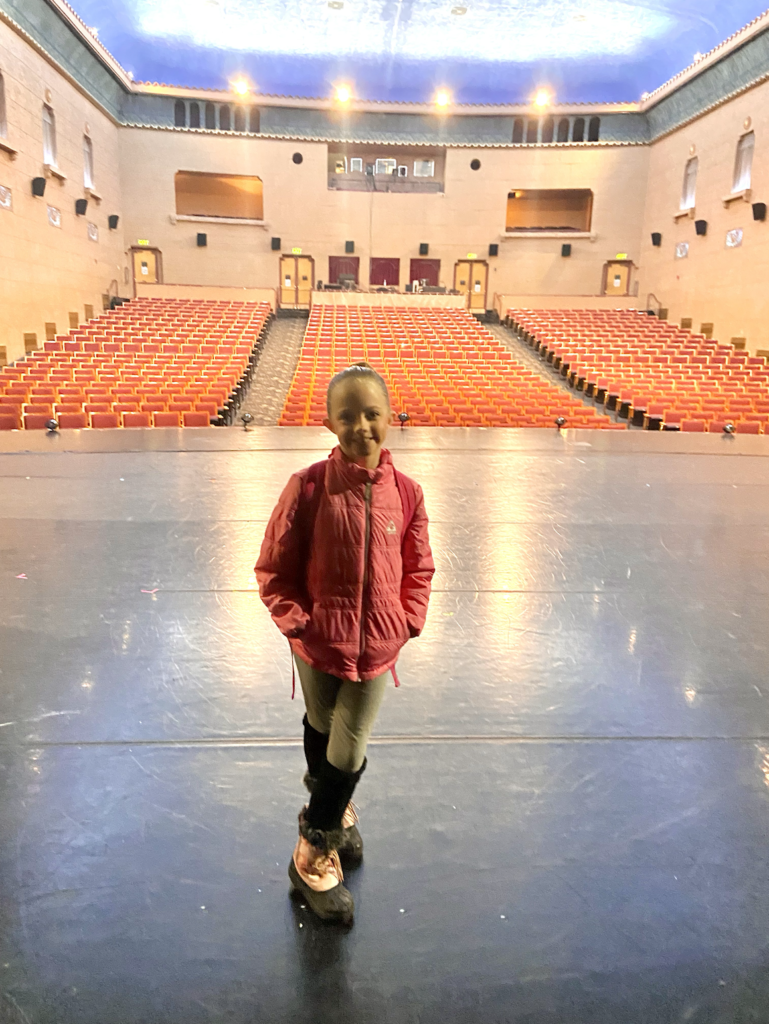
Piano Teaching Q&A: Group Classes
I have a small studio and would like to start doing group classes for my students. How many of these classes are good in a given ‘semester’? One or two? Also, I would love to see some discussion or input on what good activities for group classes would be for beginning, intermediate, and advanced students. Thanks!
Thanks for the question! I thought since we have just spent a lot of time on group teaching this would be a perfect topic to discuss!
I think that having periodic group classes in your studio can be so invaluable to your students. There are so many things you can accomplish in a group class that you cannot in a private lesson. Having said this, I actually have personally never had regular studio classes in my own studio, but definitely plan on it as I am finally going to be staying put in one location for more than a year (hehe) and will have time to build up my studio more 
A few things that would be absolutely perfect to teach in a group setting:
- Music Theory – every teacher knows that it is practically impossible to take as much time as you really need/want to during private lessons to really cover all of the necessary music theory concepts. Music theory is also perfect for teaching (or reviewing and reinforcing) in a group setting, as you can use so many fun games and activities to learn the concepts (hint hint readers….*discuss game ideas* ready go!)
- Performance – this is the hugely important one for me that I really would like to have a group class devoted to. Performance is so important and cannot be learned unless the student has real opportunities to perform (go figure). Performing is so so different than practicing, or even just playing for your teacher. Having the opportunity to perform in front of your peers on a regular basis will work wonders for your students’ performance skills and confidence. I loved going to studio class as a teenager and being able to perform for my peers. As we listened to each performance, my teacher had us each write “love notes” (yes that is what she called them – love it!) to each other, telling some things that we liked about their piece and maybe a suggestion or two. I think that really helped me learn how to listen to a performance and critique it, and in turn to be able to critique my own playing better.
- Music History & Music Appreciation – what a great opportunity to teach your studio about a specific composer and have them listen to some great music.
- Duets! – group class is a perfect time to learn about and practice ensemble playing, accompanying, etc.
 There was never a studio class that went by in my teenage years without receipt of a Creamie at the end.
There was never a studio class that went by in my teenage years without receipt of a Creamie at the end.


 Previous Post
Previous Post Next Post
Next Post



















I do group lessons 4 times a year. One activity which works well in this situation is a rhythm game. I have notes and rests with different values and I ask them to place them into measures. Everyone comes up with different measures of music. I find that this reinforces the dotted rhythms well.
I love all the great suggestions in this post.
I do group lessons "periodically" and my students seem excited to attend to try out new games, find out the winners to practice incentives, and perform a piece they've worked hard on etc. A nice side benefit is they are way more motivated to practice when performing for their peers then just for a regular lessson. When we are preparing for recitals and annual advancement in music theory exams, I hold group lessons monthly.
Because I have a smaller studio, all of my students perform at each group lesson and there is still time for plenty of fun games. After a local music club mtg on jazz & improv I started using the "Jam Session" group activities in "Discover Blues Improvisation: An Introduction to Blues Piano" by Faber & Faber. I like how it introduces them to the blues style while incorporating rhythm, chords, creativity in either an individual or group setting.